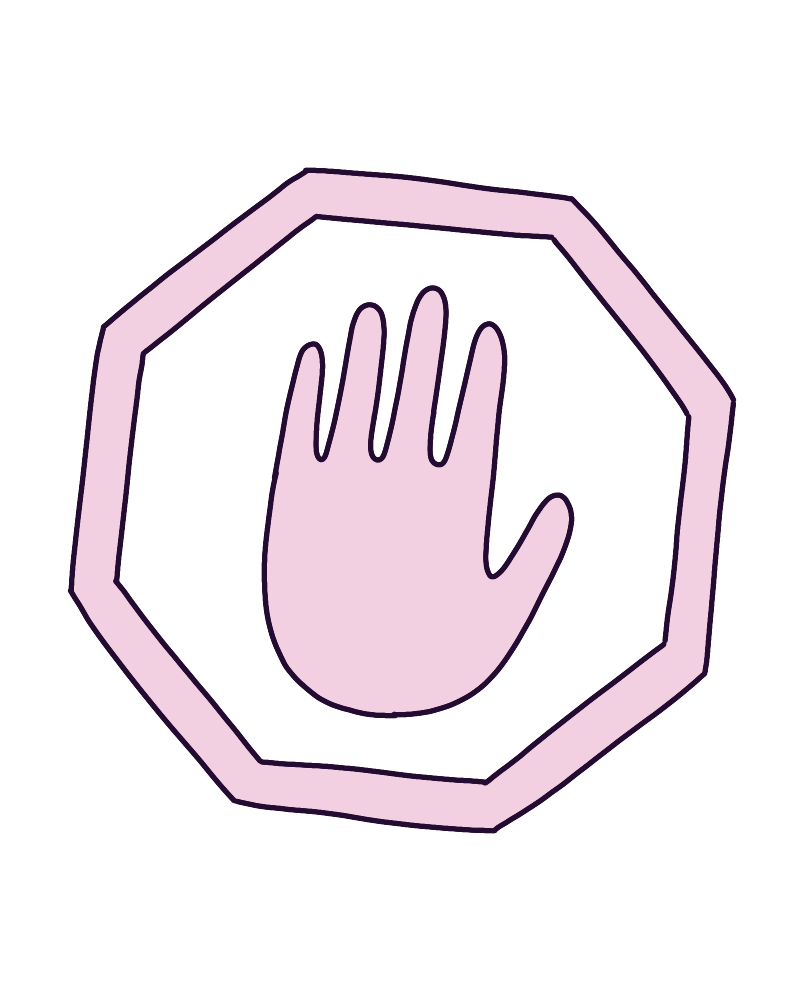Consent and the law
Sexual acts without consent are criminal sexual offences

How does the law define consent?
Consent is
📗 Consent is an individual's free agreement to participate in an activity. Consent can only be given if it's free and voluntary, without fear, coercion, intimidation, or anything else that gets in the way of free agreement.
The issue of consent can relate to a range of criminal offences like theft ("they told me I could take it”), and trespassing ("I was invited in”). Here we’re talking about sexual consent. Sexual acts without consent are criminal sexual offences. This applies not only to non-consensual

At what age can I give consent?
📗 The age of consent is how old you have to be before the law says you can legally give consent to sex with another person.
Having sex with someone under the age of consent is a crime in all states and territories. In Victoria, the age of consent is 16. This means that if you're 16 or older, you can legally be allowed to have sex with anyone who is also older than 16, as long as you both agree to this.
However, if you and the other person are both under the age of consent (for example, if you're both under 16 in Victoria), then things get more complicated. We’ll talk about that more a little later.
Why do we have age of consent laws?
Young people rely on adults for a lot of things such as food, housing and education. This means that there are real power differences between young people and older people. These power differences could put young people at risk of being taken advantage of by older youth and adults.
While the legal age of consent across Australia is 16 or 17, in some states and territories (specifically: ACT, NSW, NT, SA, VIC and WA), there are special laws that make it an offence for someone in a supervisory role to have sexual contact with you or any other person under their care who is 16 or 17. Someone in a supervisory role can include:
- Employers
- Teachers or school counsellors
- Foster parents
- Religious or spiritual leaders or officials
- Medical practitioners (like doctors, nurses, and psychologists)
- Custodial officials (like police officers)
In the case of sex with someone in a supervisory role, the age of consent is 18.
Read more about the age of consent laws

What if we are both under the age of consent?
The laws around this are actually complicated and confusing. You may sometimes find that different websites give you different information. This is, in part, because different states and territories also have different rules about how this would be addressed if you’re both under the age of consent.
In most places, sexual activity is actually still against the law even if you're in a relationship, as you're both under the legal age of consent. However, while age of consent laws are designed to protect you and other young people, in practice, these laws are also intended to support the rights of young people to privacy and healthy sexual development.
Many in the legal system recognise that sexual experimentation is common between consenting young people and their own peers. The ACT, TAS, VIC and WA have laws that address this.
📗 The 'two year rule'
In the ACT and VIC, young people under the age of consent may be protected if they sexually experiment with one another, as long as the age difference between them is less than two years. This is also known as the 'two year rule'.
For example, if you're 13, your partner can be no older than 15.
Do the laws change for different types of sex?
While age of consent laws differ between states and territories (either 16 or 17), they equally apply to people of all genders and sexualities, and to any sexual activities, and regardless of your gender.
However, this was not always the case.
🧐 Did you know?
QLD was the last state to equalise the age of consent for all sex acts in 2016. Before that, you had to be 16 for oral and vaginal intercourse, and 18 for anal intercourse.
Source: “Queensland Government lowers age of consent for anal sex to 16” (ABC news, 2016). Read more [here] .
What about sexting?
Again, it’s complicated. In short, age of consent laws still apply to sexting. It's illegal if any individual involved is under the age of consent. Commonwealth (national) law states that you actually need to be over 18! The law may categorise your sexts as ‘child abuse material’, and ‘child exploitation material’.
Laws between state, territory, and Commonwealth are different and can be inconsistent. If you're under the age of consent, there may be exceptions to these laws for consensual sexting between you and your peer of similar age.
You can read more about sexting and staying safe online [here] .
Help us improve this info by letting us know how you found it.
Start
Power in relationships
